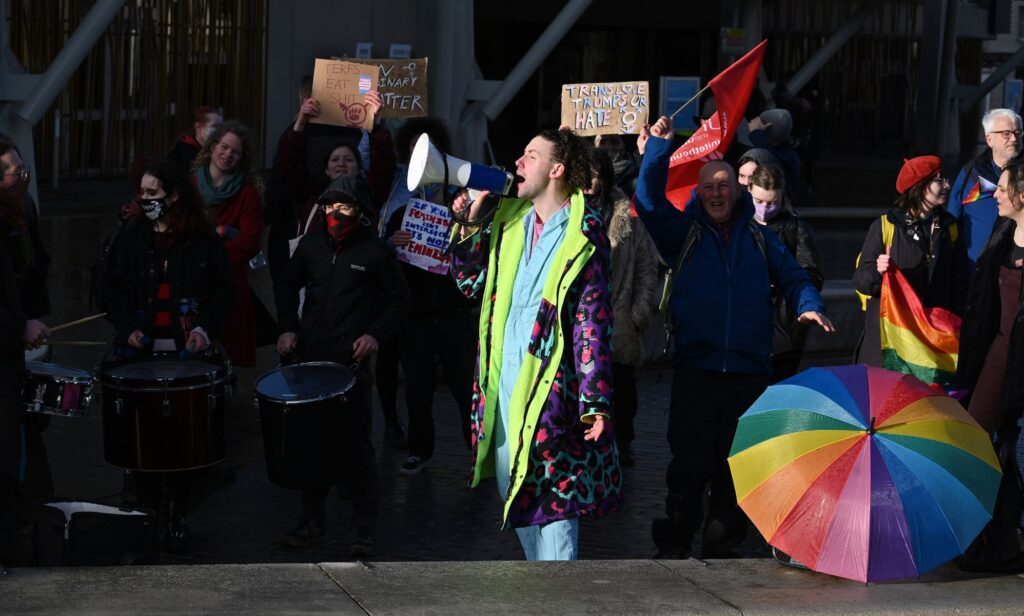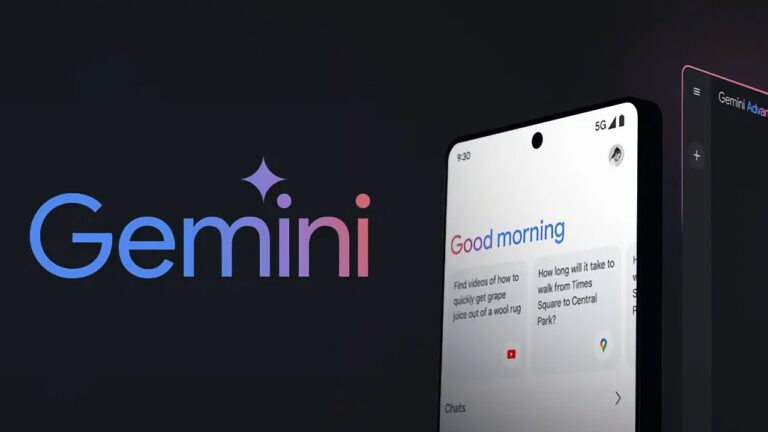
xr:d:DAFT7H-VXhk:194,j:45756583206,t:23012417
Audience
- Sentiment: mixed
- Political Group: liberal
- Age Group: 18-34
- Gender: male
Overview
- The article discusses the ethical implications of using AI to create media featuring celebrity voices without consent.
- It highlights the backlash following Kanye West’s antisemitic remarks and the protest video created by Guy Bar.
- The piece raises questions about celebrity responsibility and the accountability of creators in digital media.
The Controversy of AI and Celebrity Voices: A Deeper Look into the Kanye West Protest Video
In a world where technology is advancing faster than we can often keep up with, artificial intelligence is suddenly becoming a hot topic, especially when it comes to how it’s used in creative spaces. Imagine a video featuring your favorite celebrities taking a stand against something they believe is wrong—but then you learn that they never even agreed to be a part of it. This is the very situation that arose with a recent protest video featuring Jewish celebrities such as David Schwimmer, Scarlett Johansson, and Steven Spielberg, who voiced their opposition to Kanye West’s troubling antisemitic remarks.
The Setting: A Viral Moment in a Divided World
It all began when Kanye West, a figure known both for his musical genius and controversial public remarks, made headlines with his antisemitic statements. For many people, these comments weren’t just words; they struck a nerve and ignited anger and frustration within the Jewish community and beyond. Following these remarks, the world of social media buzzed with discussions about accountability, hate speech, and the responsibilities that come with celebrity status.
The protest video, crafted by an artist named Guy Bar, showcased these celebrities wearing T-shirts bearing a simple yet powerful message: “Stop Kanye.” On one hand, the sentiment behind the video was commendable, seeking to rally against hate. On the other hand, it raised significant ethical questions because the celebrities involved did not give their consent for their images or voices to be used.
Why Consent Matters
Imagine a scenario where someone uses your photo without asking to promote an idea you don’t believe in. You’d likely feel violated, right? It’s essential to understand that the principle of consent is fundamental in any form of media. When artists, actors, or public figures are featured in a work, they usually have a say in whether and how they appear. In this case, Johansson, for one, publicly condemned the video, emphasizing that while she stands firmly against antisemitism, the misuse of AI technology poses a serious threat to personal rights and freedoms.
This situation leads us to ask: where do we draw the line when it comes to using someone’s likeness or voice for a cause, even if that cause seems just? Can the end truly justify the means? The line becomes blurred when discussing AI-generated art. As we delve deeper into this controversy, it’s crucial to consider this question: Do the creators of AI tools have a responsibility to respect the identities of individuals when using their likenesses in digital formats?
Unpacking the Artist’s Intent: Guy Bar and His Aim
Guy Bar, the creator of the video, aimed to address Kanye West’s harmful remarks. He sought to leverage the influence of well-known celebrities to amplify a message against hate. His intentions might have been good, but the execution left many feeling uneasy. Bar did not anticipate the backlash that ensued, which raises another consideration: the responsibility of creators to ensure that their work does not unintentionally harm individuals or communities, even when aiming to spread awareness or provoke thought.
So why would Bar choose to use AI to create a video like this? The rise of AI has made it easier than ever for individuals to create content—creating art, videos, and even writing with just a click of a button. However, this technology carries a weight of ethical responsibilities that creators need to consider. The tools can be powerful, but should creators be ready to address the potential consequences of their work?
The Larger Context: Antisemitism and Accountability
The uproar surrounding Kanye’s remarks taps into a deeper and more troubling issue: antisemitism and how society deals with it. Kanye isn’t just a musician; his celebrity status means that his words can influence millions. When he made his inflammatory comments, it wasn’t just a flash in the pan; it resonated, and the backlash from both fans and organizations like the Anti-Defamation League (ADL) showcased a growing intolerance for such rhetoric.
The ADL and various social media platforms stepped in, condemning West’s behavior and calling for accountability. This reaction isn’t unprecedented. When public figures remark poorly about any group, especially a historically marginalized one, they are often met with disappointment and outrage. This demands a larger, ongoing conversation about the impact of celebrity culture on social issues and the responsibility of public figures to be aware of what they say and how they say it.
The Role of Technology and Social Media
Technology plays a massive role in how we consume information today. Social media has the power to spread ideas at lightning speed, yet it can also amplify harmful voices. In the wake of Kanye’s remarks, many turned to platforms like Twitter and Instagram to voice their opinions and solidarity. But this also means that misinformation and harmful rhetoric can spread just as rapidly.
Amidst this chaos, it’s crucial that young people—like you, the 9th graders reading this—learn how to discern credible information from sensationalized content. Social media can be a powerful tool for change, but it requires a critical eye.
Personal Reactions: Why This Matters to Me
As a writer, I’m especially fascinated by how technology intersects with ethics and personal freedoms. I have to ask myself: would I ever want my words or image used in a way that doesn’t represent my beliefs? It’s a personal dilemma that really resonates with me, and I believe it’s something that everyone should think about.
My reactions to celebrities and their roles in social issues have changed over time. Often, I find myself wondering whether these individuals genuinely care about the causes they support—are they using their influence to make real change, or is it merely for fashion and social media likes? The case of the protest video leaves me with more questions than answers.
Ending with an Engaging Question
As we ponder the balance between celebrity influence, technological growth, and ethical responsibility, I want to turn it over to you. How do you feel about the use of AI in creating media that involves real people? Should artists have the freedom to create without consent, or should they always prioritize respect and ethical treatment of individuals? I’d love to hear your thoughts in the comments!






